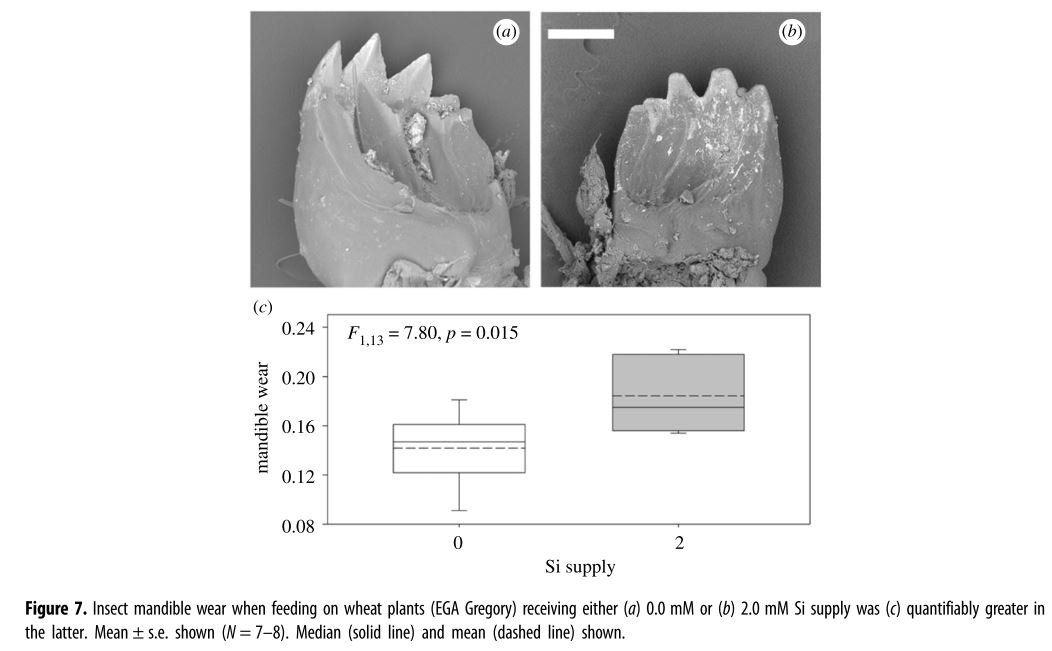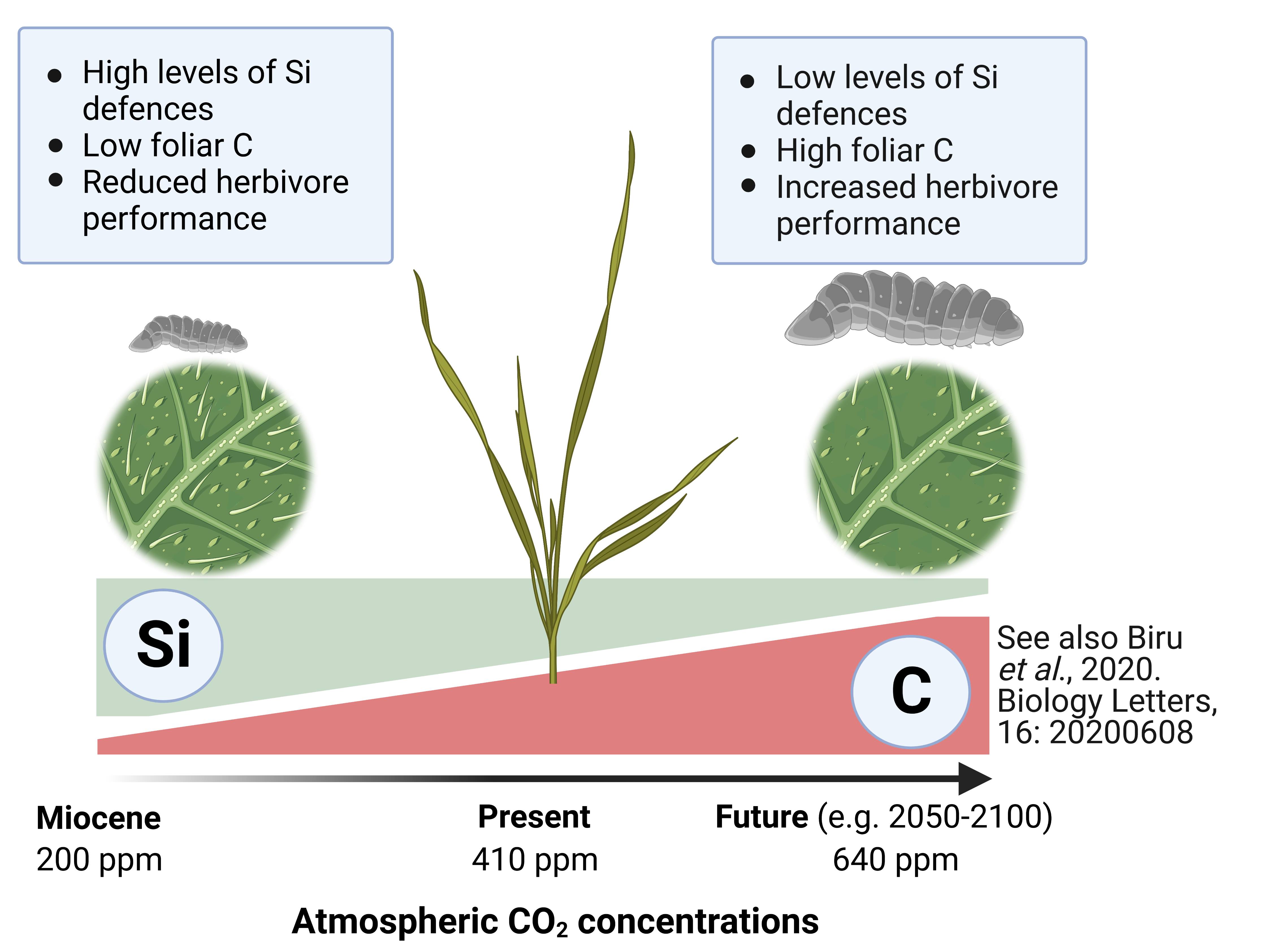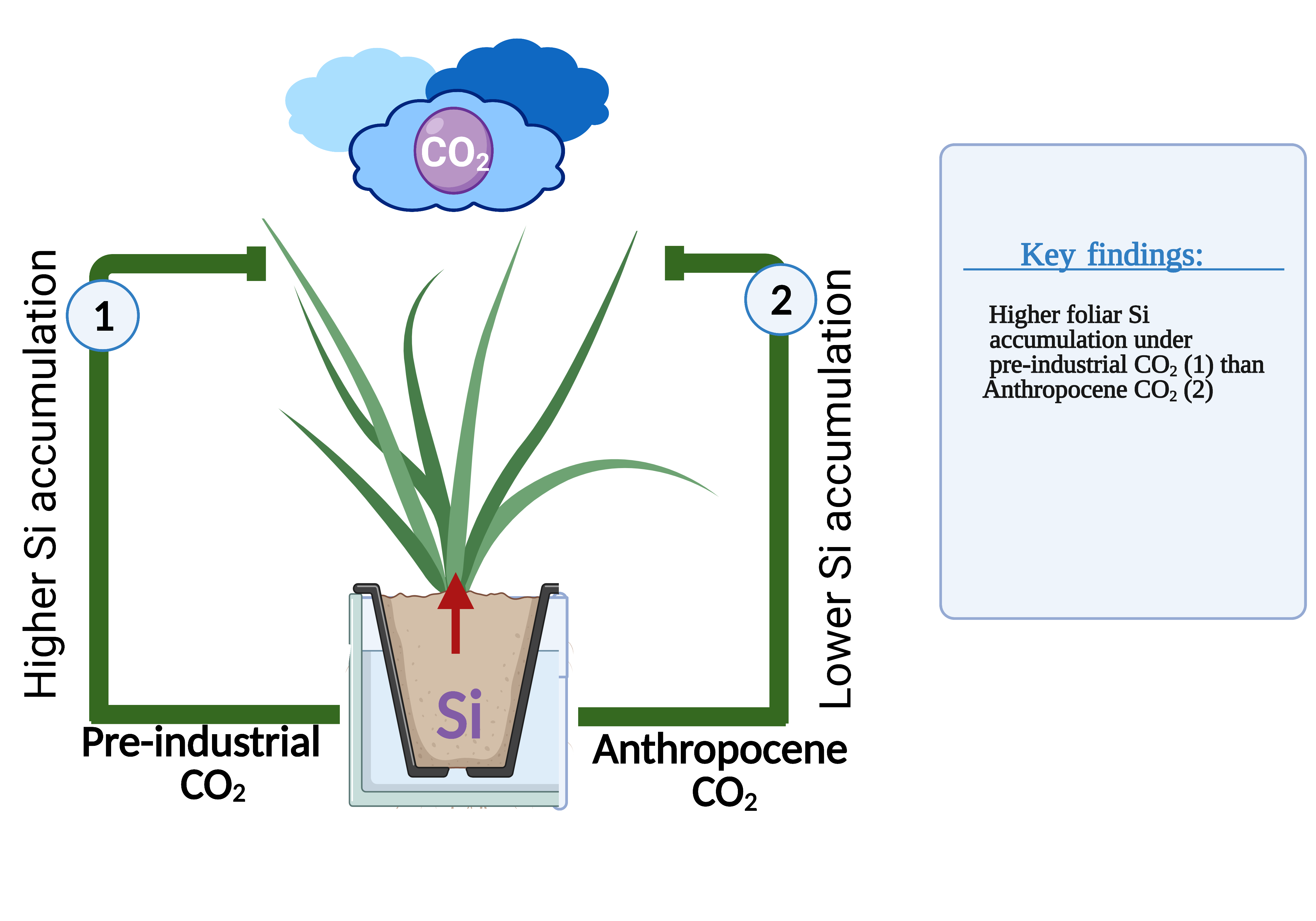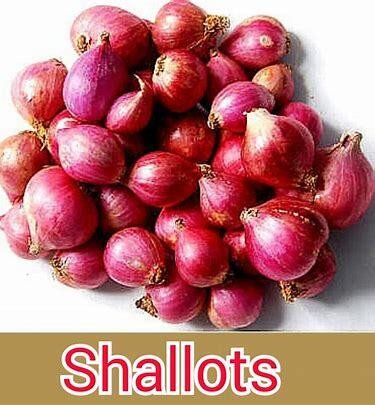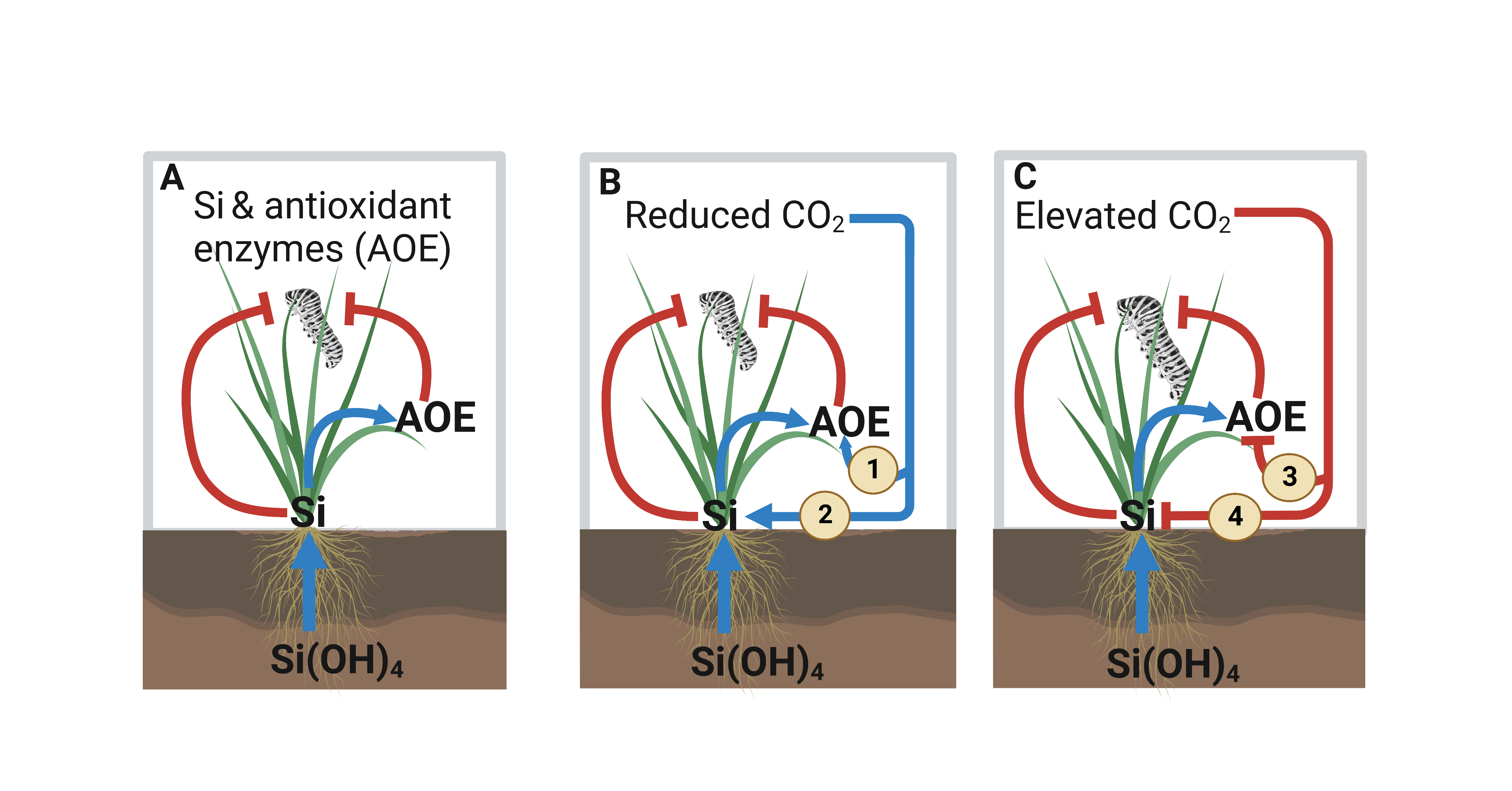
Ecologist
About me
I am an Ecologist broadly interested in understanding how environmental changes, particularly Anthropogenically driven changes in atmospheric CO₂ and temperature affect the interactions between plants and insects. I use molecular and physiological mechanisms to investigate these interactions including analysis of gene expressions, phytohormone quantifications, biochemical analysis, gas exchange measurement and plant stoichiometry measurements such as carbon, nitrogen and silicon. Since the beginning of my MSc thesis research in the laboratory of Professor Rivka Elbaum, Israel (https://rivkaelbaum.wixsite.com/rivka-elbaum/lab-members), and my PhD in the laboratory of associate Professor Scott Johnson, Australia (https://www.scott-johnson.org), I have been actively involved in research , especially how environmental factors both biotic and abiotic factors can affect plant defence responses. My PhD thesis research focuses on insect-plant interaction (ecophysiology) and how different CO₂ concentrations affect this interactions. I recently (February 2023) received my PhD degree from Western Sydney University, Hawkesbury Institute for the Environment. I am open for postdoc or other research opportunities. Since my work related visit to Germany, and the USA, I learnt a lot about the culture, social life, diversity and tradition on top of pursuing my studies at the same time. I am excited to do further studies and to be able to put my learning into real practice situations. I enjoy working in this environment whilst learning new things at the same time.
Awards
Les real & Jim Brown Student travel award 2023 in June 2023
Canada Chapter Registration Grants for ESA 2023 in May 2023
Travel award from Dead Sea and Arava Science Center in September 2022
Western Sydney University conference fund in May 2022
Postgraduate Scholarship from Western Sydney University from 2019–2022
Einstein Scholarship from Movement for Global Democracy from Nov 27 –Feb 5, 2018
MSc scholarship from Hebrew University of Jerusalem from 2016 –2018
Undergraduate study covered by Jimma University from 2011 –2013
Awards
Les real & Jim Brown Student travel award 2023 in June 2023
Canada Chapter Registration Grants for ESA 2023 in May 2023
Travel award from Dead Sea and Arava Science Center in September 2022
Western Sydney University conference fund in May 2022
Postgraduate Scholarship from Western Sydney University from 2019–2022
Einstein Scholarship from Movement for Global Democracy from Nov 27 –Feb 5, 2018
MSc scholarship from Hebrew University of Jerusalem from 2016 –2018
Undergraduate study covered by Jimma University from 2011 –2013

My skills
Lecturer and researcher
Student centered learning, Teaching undergraduate and postgraduate students, Community based education services, and researching. I gave courses such as Crop Ecology and Cropping Systems to postgraduate students, Plant Ecology, Plant Physiology and Tea production and Processing to undergraduate students. Computer knowledge (advanced user) Software: JMP, SPSS, SAS, Minitab, SigmaPlot, R
Learn MoreEducation
Bachelor of Sciences (with great distinction)
I graduated in 2013 with BSc in Horticulture from Jimma University, College of Agriculture and Veterinary Medicine, Jimma, Ethiopia.
3/06/2013Master of Sciences (MSc)
I attended my MSc at Hebrew University of Jerusalem, Israel from 2016-2018. I graduated with MSc in Agricultural Sciences.
10/10/2018Doctor of Philosophy (PhD)
I did my PhD degree from June 2019 to July 2022 at Western Sydney University, Australia. My PhD research mainly focuses on Plant-Insect interactions and the impact of climate change, particularly atmospheric CO₂ on these interactions.
19/06/2019Research Interests
Global warming has causing food insecurity
Global atmospheric CO₂ concentrations and temperatures are predicted to continue to rise. These projected increases in CO₂ and T in turn cause global warming that tends to reduce yields because crops speed through their development, producing less grain in the process.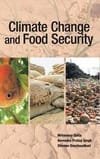
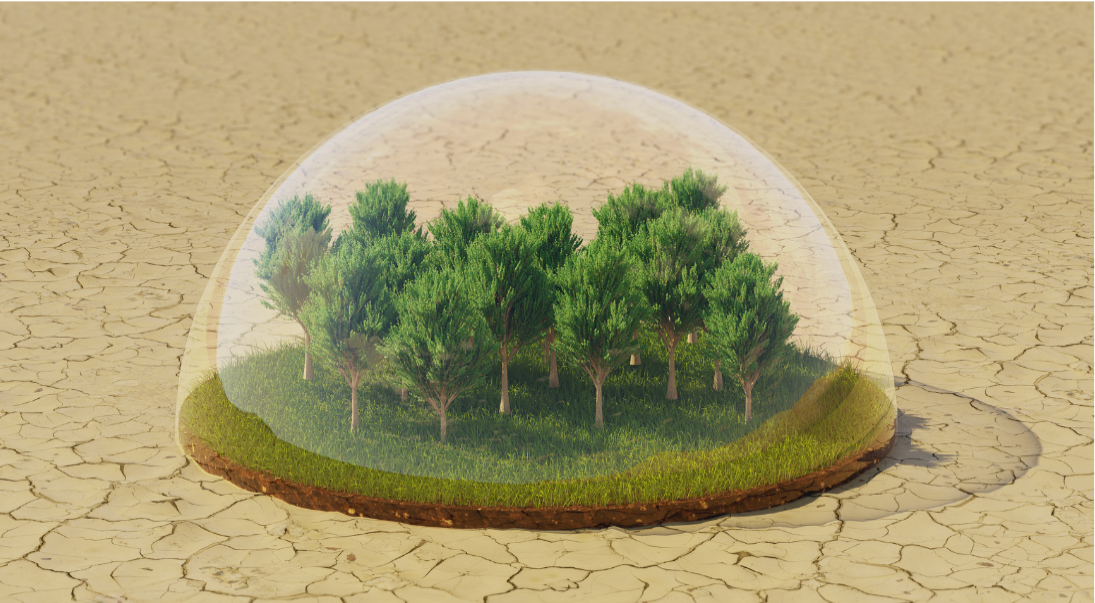 And higher temperatures also interfere with the ability of plants to get and use moisture. These have significant implication on food security for the already spiked world populations. Therefore, we need further research and development to tackle human-driven global warming and the impacts it causes on food security.
And higher temperatures also interfere with the ability of plants to get and use moisture. These have significant implication on food security for the already spiked world populations. Therefore, we need further research and development to tackle human-driven global warming and the impacts it causes on food security.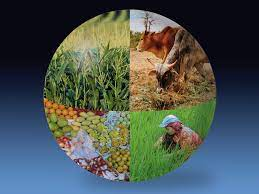
Some of my interests lie broadly in the following areas:
1. I'm interested on topics such as plant chemical ecology, ecosystem and community ecology, evolutionary biology, global change biology, bioinformatic, biogeochemistry of silica, terrestrial silica and carbon cycle etc.
2. Researching on plant adaptations to environmental changes such as Temperature and CO₂ is also areas of my interest
3. I am also keen to research on the impacts of silicon on plant defences against insect herbivores.
4. In a Broader context, I am very interested to assist in developing novel strategies that aim to improve plant resistance against both abiotic and biotic environmental factors in the face of environmental change, particularly global warming.
Global atmospheric CO₂ concentrations and temperatures are predicted to continue to rise. These projected increases in CO₂ and T in turn cause global warming that tends to reduce yields because crops speed through their development, producing less grain in the process.

 And higher temperatures also interfere with the ability of plants to get and use moisture. These have significant implication on food security for the already spiked world populations. Therefore, we need further research and development to tackle human-driven global warming and the impacts it causes on food security.
And higher temperatures also interfere with the ability of plants to get and use moisture. These have significant implication on food security for the already spiked world populations. Therefore, we need further research and development to tackle human-driven global warming and the impacts it causes on food security.
Some of my interests lie broadly in the following areas:
1. I'm interested on topics such as plant chemical ecology, ecosystem and community ecology, evolutionary biology, global change biology, bioinformatic, biogeochemistry of silica, terrestrial silica and carbon cycle etc.
2. Researching on plant adaptations to environmental changes such as Temperature and CO₂ is also areas of my interest
3. I am also keen to research on the impacts of silicon on plant defences against insect herbivores.
4. In a Broader context, I am very interested to assist in developing novel strategies that aim to improve plant resistance against both abiotic and biotic environmental factors in the face of environmental change, particularly global warming.
Articles lisT
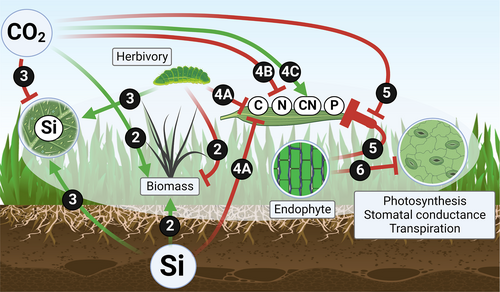
Schematic summarising the key findings. Green arrows represent positive impacts on plant traits (i.e. increases); red attenuating lines indicate negative impacts on plant traits (i.e. reductions) with the relevant Figure numbers given in black circles, which are also used in the following text. In summary, CO2 and Si supply increased shoot biomass, whereas herbivory reduced shoot biomass (2). Herbivory induced Si accumulation, which was also increased with Si supplementation; shoot Si concentrations, in contrast decreased with eCO2 (3). Si supplementation and herbivory reduced shoot C concentrations (4A), eCO2 reduced shoot N concentrations (4B) which resulted in higher shoot C:N ratios (4C). Endophytes reduced shoot P concentrations particularly strongly under eCO2 (5). Endophytes also reduced net photosynthesis rates, stomatal conductance and transpiration (6).
Blog
It was in June 2020 and as part of my PhD thesis research, I was doing an experiment on plant-insect interaction, particularly looking into how silicon nutrient supply confers grass resistance against subsequent herbivores. To address this question, I exposed grass to caterpillars (Helicoverpa armigera) for six days after which I removed them and again infested the same host plant with house crickets (Acheta domesticus). But, I kept some plants inoculated with both herbivores. Two days later, I never thought of what am I witnessing, seeing that some caterpillars already started to eat crickets in favor of grass leaves! I pulled out my mobile phone from my pocket and started recording the show (video attached here), just being curios about such incidents, where the stronger man can fed on the weaker ones despite the availability of food for both insects. One of those mysteries question was why caterpillars feeding was so outrageously complex? I tried to search an existing knowledge that can either prove or disprove this behavior but couldn't able to find any support. Instead I said "My armyworm is special cos when he feels threatened he did everything to defend himself from enemies and his arms turn into sword to capture the weaker enemies and his teeth cut enemies gut into pieces."
1 min read
Contact
I am very happy to welcome any questions, inquires, ideas or potential collaboration
- Jimma University, College of Agriculture and Veterinary Medicine, Ethiopia
- 307
- +251-922032633 - Ethiotelecom
- negesefikadu@gmail.com
- Mon-Fri - 08:30-17:00
